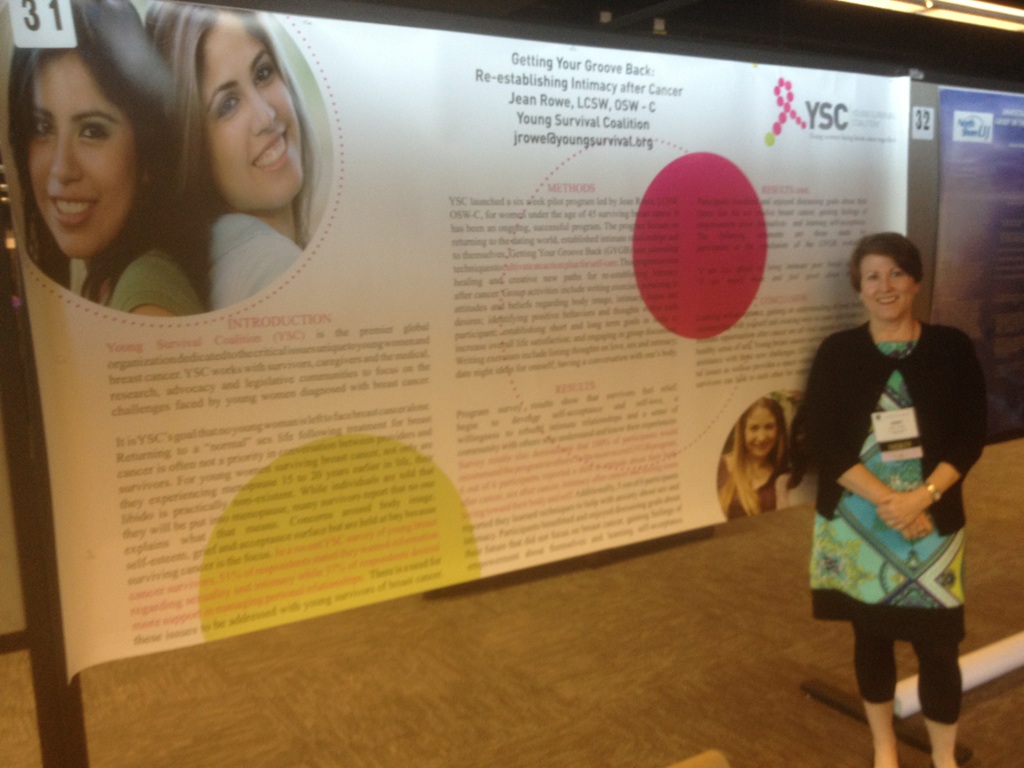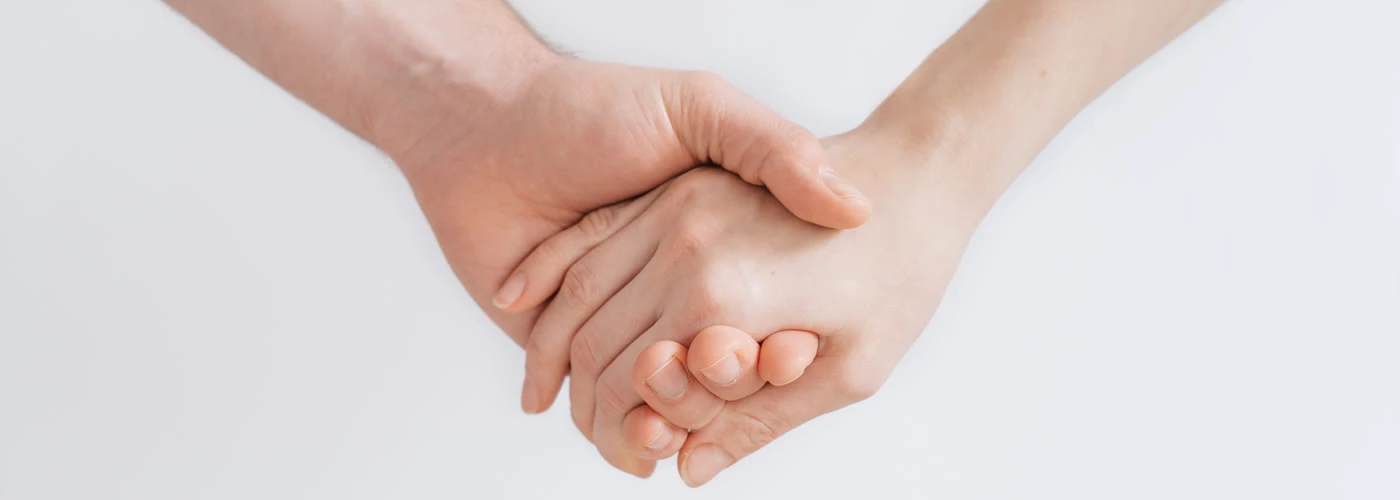Editor's Note: This post was originally published in June 2012 and has been updated for accuracy and comprehensiveness.
Returning to a “normal” sex life following treatment for breast cancer is a topic that isn’t often addressed in conversation between health care providers and young survivors of breast cancer.
One common side effect of treatment is that a pre-menopausal woman’s cycle stops. Not only are many survivors experiencing menopause 15 to 20 years earlier in life, their libido is practically non-existent. While individuals are told that they will be put into menopause, many survivors report that no one explains what that means. Menopause brings hot flashes, vaginal dryness and sexual spontaneity goes missing in action. Feelings of bewilderment and frustration are quietly tolerated and unquestioned because the cancer is being treated. Managing those side effects with compassion and love is a priority in keeping intimacy alive, even if it is a different kind of intimacy.
As an oncology-certified social worker and licensed clinical social worker, I have had multiple conversations with young women surviving breast cancer on the topics of intimacy, sex and body image. Questions like, “When do I tell someone about cancer?” often arise. The answer is simple: when you’re ready. I am not suggesting this is a simple conversation and you have no obligation to tell potential partners about your cancer journey until and unless you’re ready.
Now, young survivors giggle when they hear me add this caveat: If your clothes are coming off, you might want to stop and have that conversation.
YSC conducted a survey of young breast cancer survivors. 51% of respondents stated they wanted information regarding sexuality and intimacy while 37% of respondents desired more support in managing personal relationships. While I was working as an oncology social worker at Emory University Hospital, the topics of intimacy, sex, body image and the like led to my establishing a six-week workshop in 2010 called, “Getting Your Groove Back: Re-Establishing Intimacy after Cancer©”.
After joining YSC’s staff in April 2011, we launched a pilot group. I would have to say that one of the biggest successes of the workshop so far has been watching a shift of thinking from “I have a broken vagina,” to “I have a different vagina.” The workshop goals include returning to the dating world, establishing intimate relationships or reclaiming yourself after a breast cancer diagnosis. Getting Your Groove Back (GYGB) uses journaling techniques to cultivate an action plan for self-care. This program invites healing and creating new paths for re-establishing intimacy after cancer. Group activities include writing exercises pertaining to attitudes and belief systems around body image, intimacy, hopes and desires; establishing short and long-term goals in order to increase overall life satisfaction; and engaging in group discussion. Writing exercises include: listing thoughts on love, sex and intimacy; date-night-for-one ideas; and a one-to-one dialogue with your body.

I had the privilege of presenting a poster about the workshop at the Association of Oncology Social Workers (AOSW) national conference, which resulted in confirmation that these themes are universal and come up often. Every oncology social worker who dropped by the poster commented that they listen to survivors all around the country express concerns about the lack of this kind of information and the desire for the opportunity to obtain it and discuss their feelings. If you are a young women surviving breast cancer, ask questions.
If your oncology team is not the “go-to” resource for the answers, advocate for yourself! Ask to speak to a social worker if one is available. Or ask your OB/GYN or PCP for help finding a certified sex therapists. Or you can email me for help.
Lost and Found
Lacuna Loft and YSC invite you to explore that frontier by participating in Lost and Found: Re-Establishing Intimacy after Cancer, a six week online video journal workshop for young adult cancer survivors (women only). You can find more information here. We hope to “see” you there!
To get started, play around with one of these journal techniques and see what surfaces:
How Do I Love Me? Let Me Count the Way: Make a list of 10 things you love about yourself and then give yourself a little feedback after the list is complete. Notice how you feel. Did anything surprise you?
One Fun Thing I Want to Do This Summer is____________. Fill in that blank, write about it for 5 minutes. Read over what you wrote. Is there a chance you can do it? What is one step toward that One Fun Thing?




